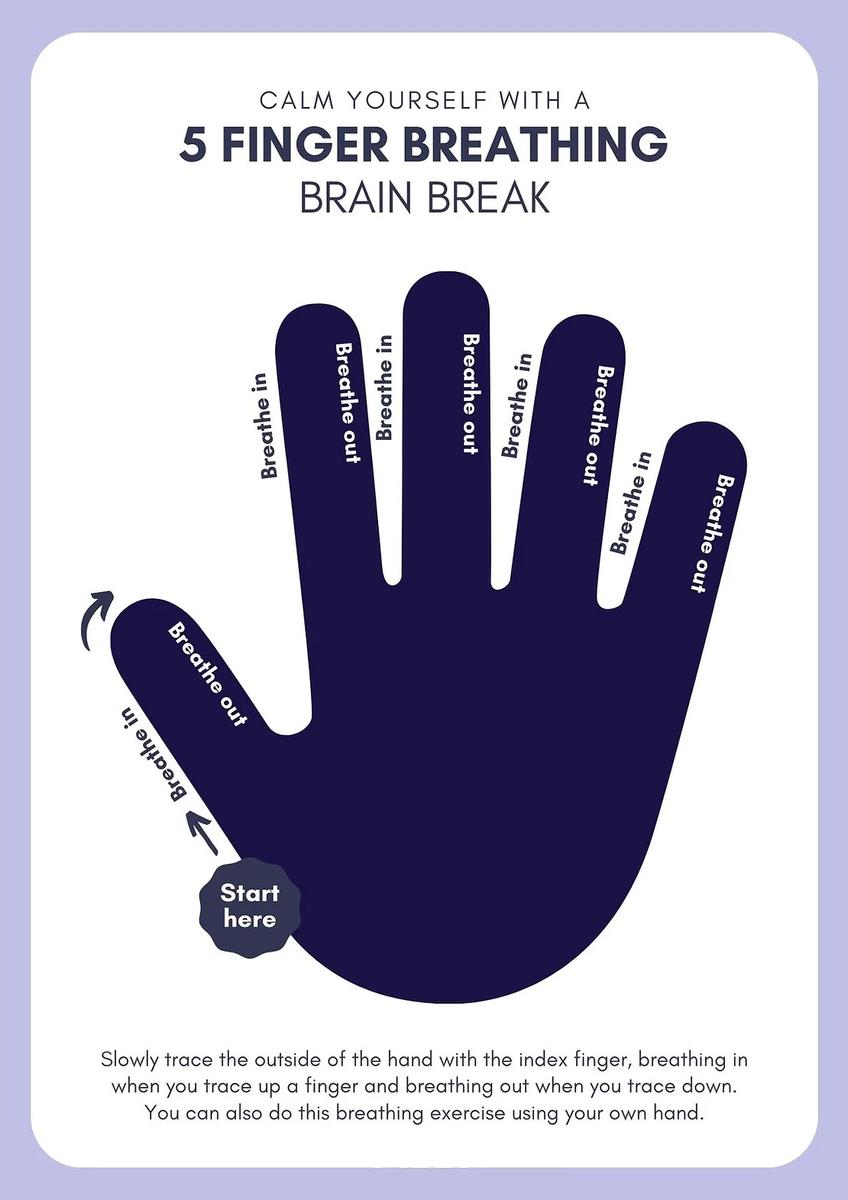Wellbeing
Claire Walker, Riva Dhingra, Leah Rintoule, Emily Dawson

Wellbeing
Claire Walker, Riva Dhingra, Leah Rintoule, Emily Dawson
As our school community processes recent challenges, we know that students may be experiencing a range of emotions, from confusion and worry to sadness and frustration. It’s normal for young people to feel uncertain during difficult times, and as adults, we can play a vital role in helping them build resilience through these experiences. To support families, I’d like to share some insights from The Resilience Project, a program that focuses on fostering mental wellbeing through Gratitude, Empathy, and Mindfulness (GEM).
Practice Gratitude Together
During challenging times, it can be hard to focus on what’s going well, but small moments of gratitude can have a powerful impact on our perspective. Try creating a family gratitude ritual, such as sharing one positive thing from each day around the dinner table. Encourage your child to express gratitude for things that bring them comfort or joy, even in difficult times. This practice can help remind everyone of the positives that still exist in their lives, fostering a more hopeful outlook.
Encourage Empathy and Connection
Empathy involves trying to understand how others feel, which can help your child feel more connected and supported. Ask open-ended questions like, “How do you think your friends are feeling about this?” or “Is there anything we could do to help others?” By gently guiding your child to think about others’ experiences, they can feel less alone in their emotions. Acts of kindness, like writing a supportive message to a friend, can be small but meaningful ways to channel empathy and build resilience.
Model Mindfulness Techniques
Mindfulness can help calm a busy mind and manage stress. Try practicing mindfulness exercises together, such as practicing 5-finger breathing when feeling overwhelmed or focusing on the sounds around you during a quiet moment. Modelling these simple techniques shows your child they can pause, reflect, and regain control when feeling anxious or upset. Mindfulness apps and guided exercises can be helpful tools for practicing this together.
By nurturing these qualities both at school and in the home, we can support our young people in navigating life’s challenges with strength and compassion.

